By pitting one side of her cabinet against the other, May has found another way to stall a decision on Brexit
A madcap scheme or a cunning plan? Take your pick. With May in charge, the answer is probably something else: a device to put off a decision and look for a fudge

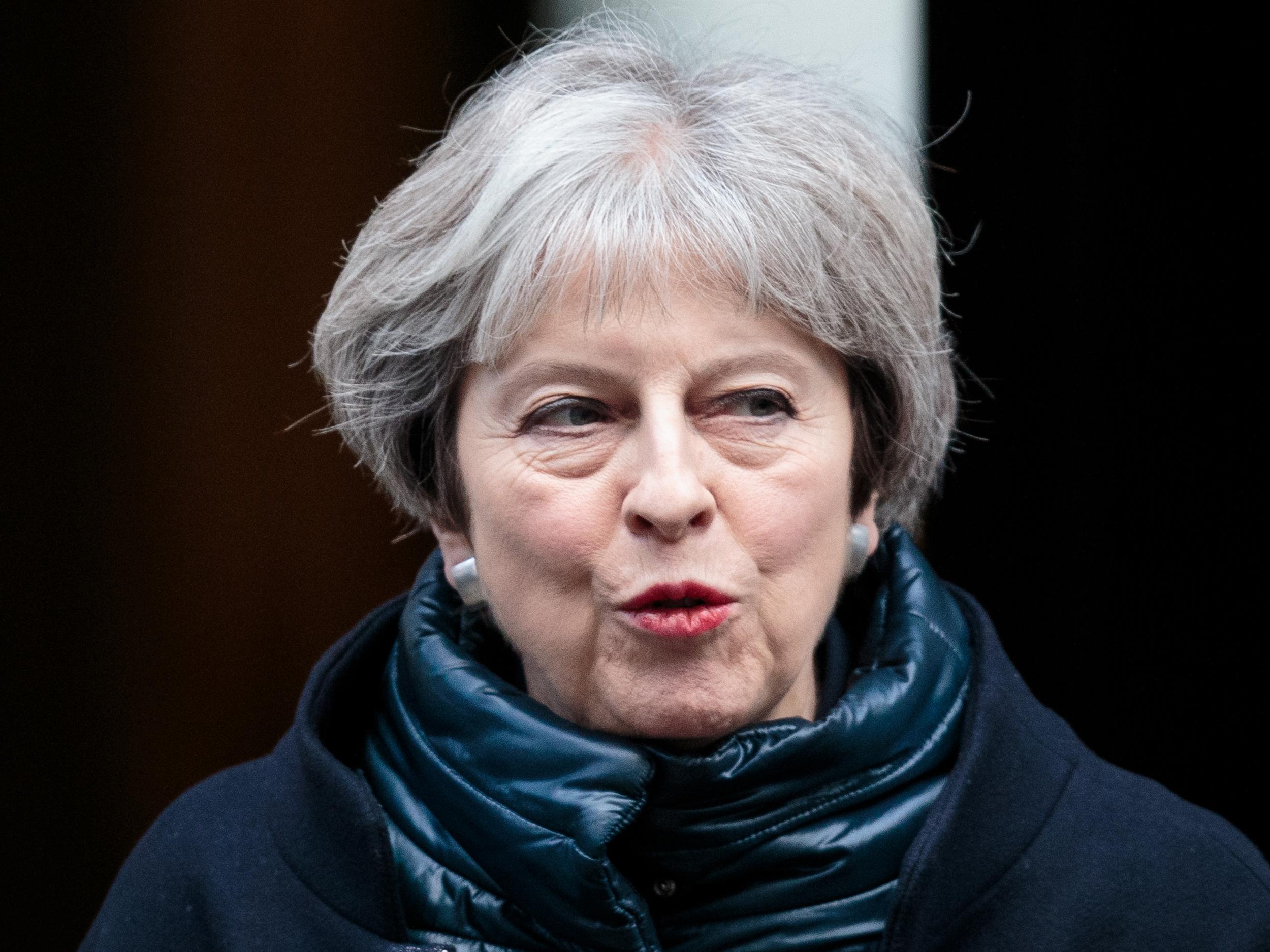
Desperate to break the deadlock in her cabinet over the UK’s customs relationship with the EU after Brexit, Theresa May has resorted to a bizarre game of ministerial musical chairs.
Members of the cabinet’s Brexit subcommittee have been split into two three-strong working groups to examine the two customs options on the table. In each case, ministers hostile to the proposal they study will enjoy a 2-1 majority against it. So May’s preferred option of a customs partnership, under which the UK would collect EU tariffs on goods bound for the bloc, will be tested by opponents Michael Gove, Liam Fox and supporter David Lidington. Similarly, the Brexiteers’ favoured maximum facilitation (max-fac) plan to use technology to minimise customs checks will be examined by critics Greg Clark and Karen Bradley and backer David Davis.
Officially, the groups include the ministers with responsibility for areas most affected by each proposal. But it also looks like an attempt to change minds and bridge the divide on a cabinet subcommittee split down the middle.
A madcap scheme or a cunning plan? Take your pick. With May in charge, the answer is probably something else: a device to put off a decision and look for a fudge. Her aides play down the prospect of agreement at the latest “crunch” meeting of the Brexit subcommittee next Tuesday.
The prime minister’s problem is that she needs the support of three groups for her Brexit blueprint – parliament (which means the 20 pro-EU Tories who could join forces with opposition parties to ensure a softer Brexit); the Conservative Party (which means 60 hardline Brexiteers in the European Research Group led by Jacob Rees-Mogg) and the EU.
Her customs partnership, with a bit of tweaking, would probably achieve “two out of three” – parliament and the EU. Her allies deeply regret that pro-EU Tories and Brussels were slow to see its merits, as it would keep the UK as close to the EU as possible to protect the economy. But this is partly May’s fault: she was too weak to shout it from the rooftops for fear of antagonising the Eurosceptics. Downing Street miscalculated the hardliners’ resolve, because they blinked first over the £40bn divorce payment and transitional deal. But customs would be permanent and so the Brexiteers stood firm. Johnson, Davis and Fox might walk out of the cabinet if she forced through her customs partnership, and May is anxious to hold her party together. Her aides are fond of saying she secured a stage one EU deal and transitional agreement when many commentators thought them impossible, so she will find a way through now. But this time feels different; one Whitehall insider told me the mood is “grimmer than it has been for some time”.
To secure a cabinet compromise, May might have to dilute her customs partnership. But even if she could somehow get “two out of three” by winning the support of parliament and her party, it would probably be rejected by the EU. The collapse of negotiations would not solve her problem since parliament would likely block a no-deal exit next March. Back to square one.
For me this week’s most significant development was not May’s refusal to sack Johnson for branding her customs plan “crazy”. It was how backbench Brexiteers made the customs issue a test for those who aspire to succeed May – Johnson, Gove, Javid and Williamson. If one of them switched sides on the cabinet subcommittee, May would have a majority for her proposal. Williamson, the defence secretary, is seen as the most likely to change his mind and back May. Which is why one Eurosceptic told The Daily Telegraph that “everyone knows that would be career suicide”. Rees-Mogg, who sees himself as the kingmaker rather than the next king, heaped praise on Javid in the same paper, in effect forgiving him for backing Remain in the referendum as long as he sticks to the true Eurosceptic path now. For good measure, friends of Johnson he is “massively frustrated” about not getting the credit for his full-blooded support for Brexit. The foreign secretary will worry that he trails Rees-Mogg, Gove and now Javid in the ConservativeHome website’s monthly poll of party members on who should be their next leader.
Perhaps the naked ambition on show explains why May kept Johnson, Williamson and Javid off the new working groups. The leadership beauty contest is bad news for the prime minister. Coupled with the Brexiteers’ repeated threats to topple her, it makes it harder for her to do the right thing in the national economic interest. The men who would be king would rather put the party interest first, as it serves their own too.

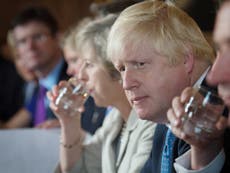
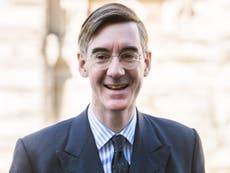
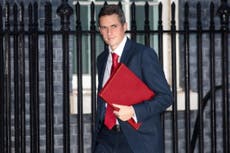
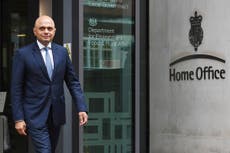
Join our commenting forum
Join thought-provoking conversations, follow other Independent readers and see their replies